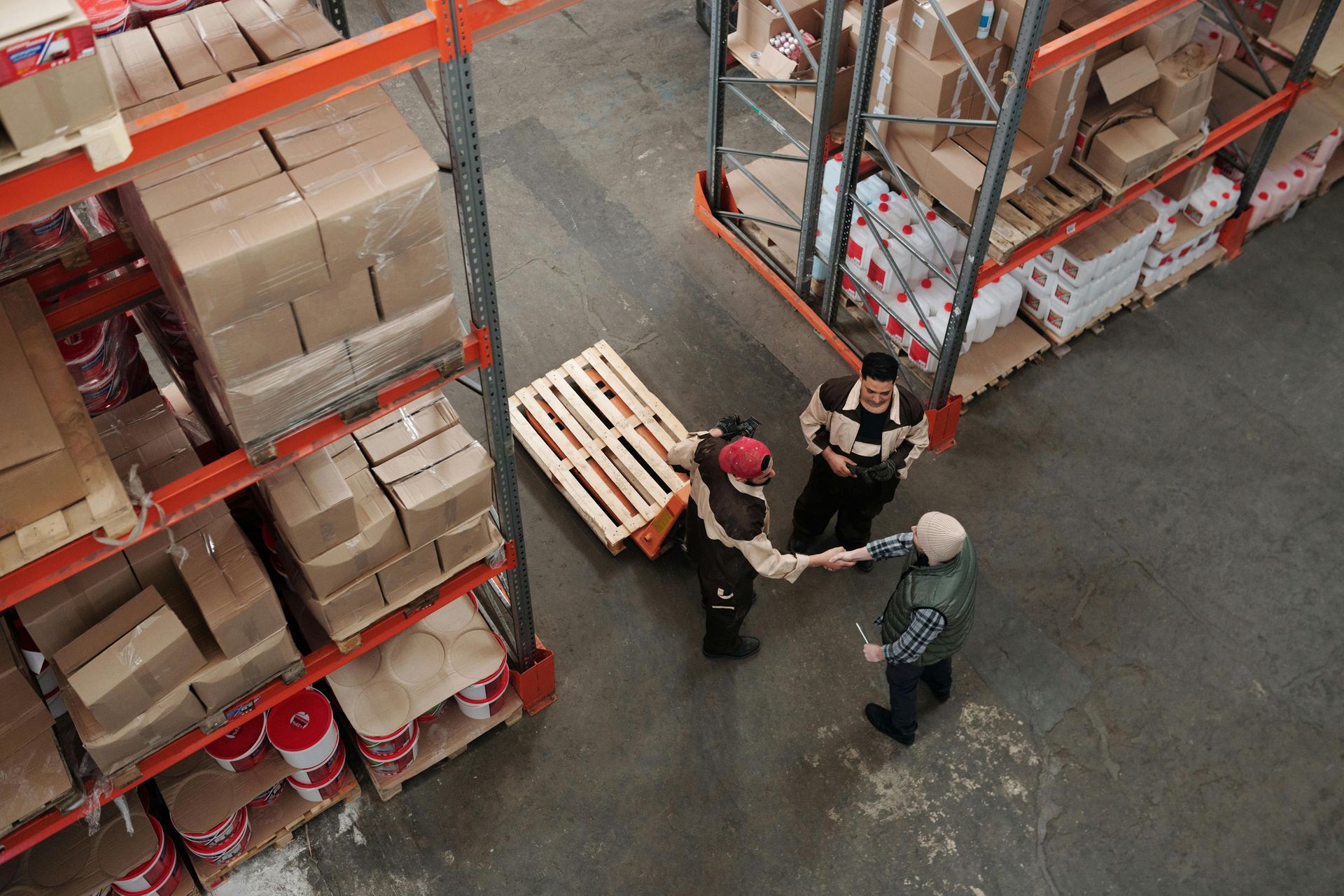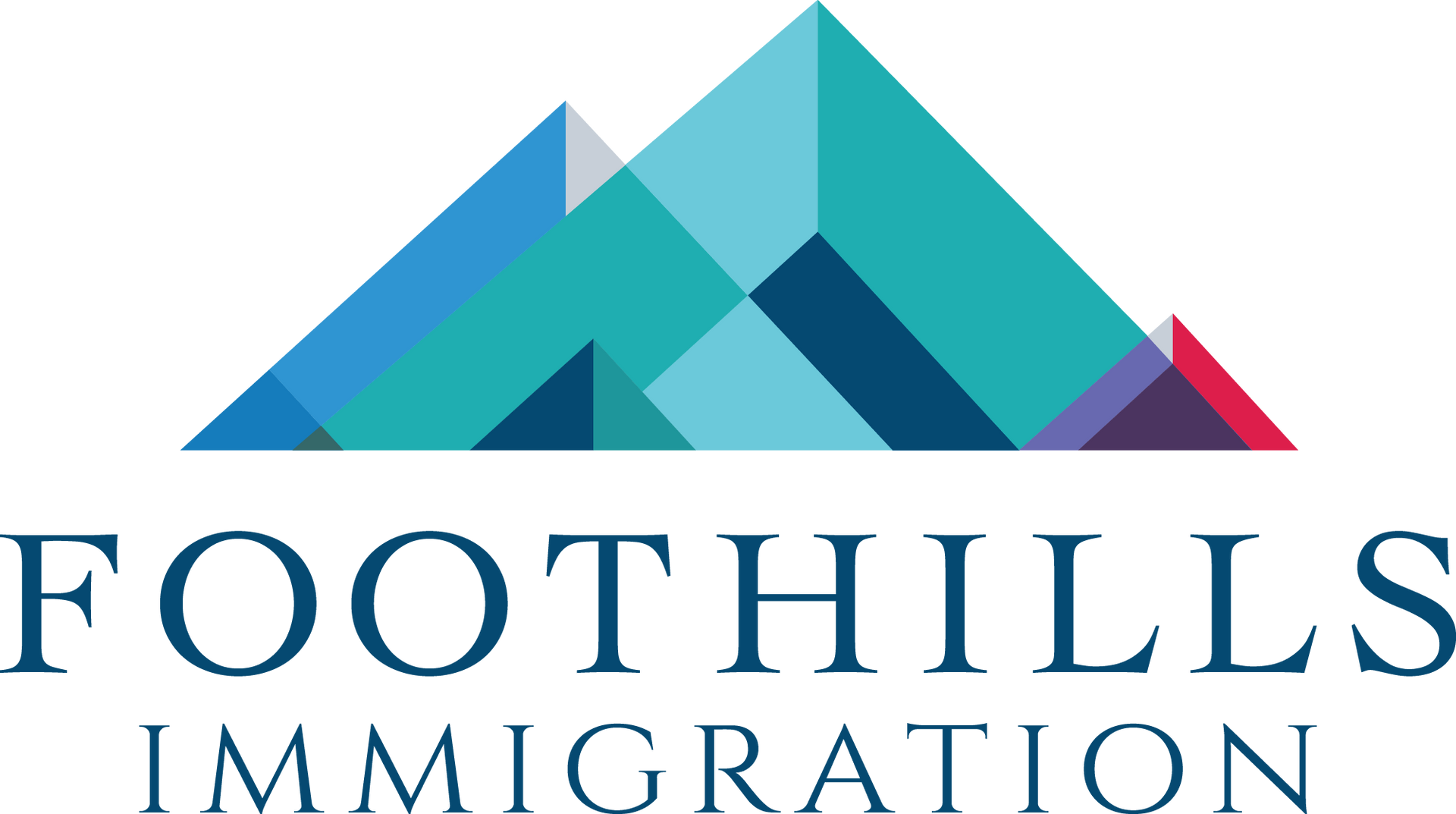8 Simple Things That Can Totally Derail Your Immigration Process According to An Expert
Immigration expert shares eight common mistakes that could totally derail your permanent residency application process.

Whether you’re applying for a work permit or permanent residency in Canada, there are many moving parts. As with most government applications, the process is tedious and often confusing if you’re approaching it for the first time. Unfortunately, most people are approaching it for the first time. Therefore, some common mistakes and missteps are made along the way.
We spoke to Leann Lamartino, Regulated Canadian Immigration Consultant at Foothills Immigration, to learn more about common mistakes that can derail your immigration process. Knowledge is power, right? In this case, knowledge will help you avoid unnecessary headaches and wasted time. Here are some key things to stay on top of when applying to become a Canadian resident.
Documentation is King
“The biggest thing to be aware of are your documents,” Leann told us. You must ensure you’ve got all your documents and have the correct ones. “When it comes to things like police clearances, there are certain ones for certain countries that are accepted and ones that are not. “If you don’t know exactly what is needed for your application, it can be detrimental,” she continued. Another example she offered was education. “Are they looking for a transcript? Are they looking for an educational assessment? Or just a diploma? Misunderstanding things like this will most certainly set you back,” Leann explained. The necessary documentation is different in each circumstance, so you must ensure you properly understand what’s being asked of you. Luckily, a document checklist can be found on Canada’s immigration website.
“You want to make sure you have valid language tests, valid education, assessments, valid passports. Be aware of your expiration dates and be on top of those because that could completely change your status,” Leann added.
Don’t Guess
As mentioned, misinterpretation is a very common issue during the application process. It’s tough to know exactly what to do and what to prepare along the way. In the face of legal jargon, there is a lot of room for misinterpretation, especially if English is not your first language. “This is not the time to play a guessing game. If you’re missing something because you’re guessing what the government is asking you for, you are taking a huge chance because it could go sideways,” said Leann. “If you’re struggling or unsure, reach out to a professional that understands the specific requirements so you don’t make a damaging mistake.”
Up-to-Date Applications
Another prevalent mistake made during the application process is using the wrong forms, Leann told us. “You need to make sure you’re using the correct and most recent application forms. You can Google an application and end up with one from 2008,” she said. You’ll want to ensure you’re getting your forms right from the federal website and checking that everything is up to date.
Keep An Eye on Your Timelines
There are many moving parts throughout this process, and timing can be critical. “If you’re not submitting your application before your visa’s expiration date, if the government has requested documents from you and you’ve missed those deadlines, things like that can derail your process. Timing needs to be correct, that’s really important,” Leann shared. She shared an example: “If you need maintained status, you must make sure that your application is submitted to the government before your expiration date. Otherwise, your status will be thrown into a 90-day restoration period, and you will have to stop working immediately.” Timing really is everything. Before you even begin the process, you’ll want to take inventory of expiration dates (your visa, passport, documents, etc.) and deadlines to set yourself up for success.
Taking the Wrong Path
There are many different paths you may choose when applying for PR. Everyone has a different situation and therefore qualifies for different permits and programs. “Knowing that you one hundred percent qualify for the program you’re applying for is key,” said Leann. “If you misinterpret the requirements and apply for something you don’t qualify for, you may put your status at risk while you wait. Applying for a program that isn’t a good fit for you will waste your time and money. In the worst case, you could lose your opportunity to apply for another program that you’re actually qualified for.”
On the other side of the token, you may qualify for more programs than you think. Be sure you understand your qualifications, which programs are well-suited for you, and which might not be the best fit.
Your Language Test
Another thing that can really help or hurt you along the way is your language test. All permanent resident applications require a completed language test, and all programs have a benchmark score you have to meet. You will want to have your language test completed long before you begin the application process to ensure you get a good grade and that you’re not rushing to book in for a test in a tight timeline.
“It’s imperative to prep for your language test and understand the format so you can set yourself up for success,” Leann advised. “Reviewing the test format will make a huge difference because it’s quite difficult, and it isn’t cheap to take the test, so you want to avoid doing it again if you can.” This test is an essential part of your residency application. Unlike other factors of your application, like your age or education level, it’s something you can control. “If English is a second language to you, or a third or fourth, it is worth getting a tutor or do practice tests online. There are many free resource out there.” Leann told us, explaining that a good score is crucial.
Misrepresentation
While this one seems like a no-brainer, it’s worth mentioning. Whether it is on purpose or not, misrepresenting yourself on your application is a serious no-no. Of course, some instances are more serious than others. “For example, if your application asks about a criminal past and you answer ‘no,’ but the background check shows that you were untruthful, you could find yourself banned from Canada for a time. Answering the questions truthfully is an absolute must,” Leann explained.
There are tons of little mistakes that can have a considerable impact on your application. When in doubt, partner with an expert so you don’t waste time and money during this hugely impactful process.
Originally posted on https://www.rmoutlook.com/immigration-in-the-bow-valley/8-simple-things-that-can-totally-derail-your-immigration-process-according-to-an-expert-6311011











